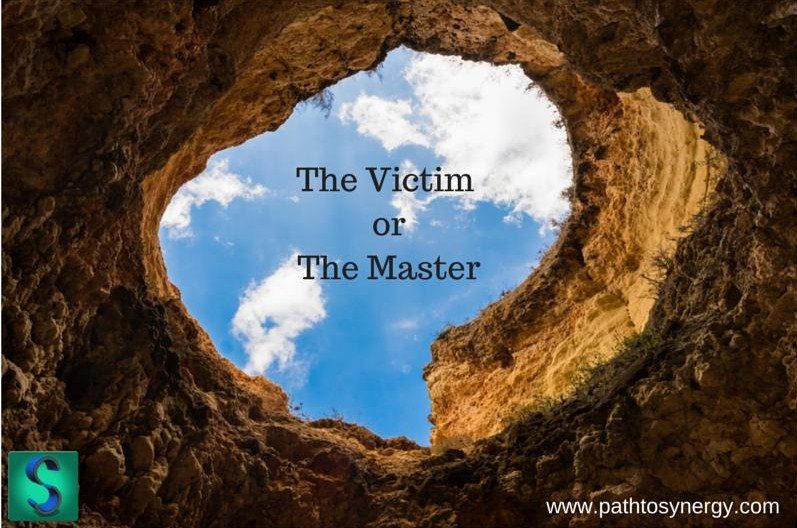15 Tips for a Path to Greatness

In my experience in relationships, with others and myself, I have found many qualities that stand out. In those times when I’ve felt successful or times when I’ve looked up to others, I have seen particular qualities stand out. These qualities seem to shine with importance. I have found that these qualities are ones that are present in those that I look up to or consider to be true leaders. There may be some cross over here and a bit of redundancy, but that’s probably because those points are especially important. Follow these tips to build a path to greatness in your life.
- Don’t Quit–When you think you are ready to give up, keep pushing yourself. You are capable of more. Need some more motivation? See these five key strategies on authentic motivation!
- Be Kind – Remember when you were told this in Kindergarten? It still applies. This is such a basic principle that we often lose sight of. Remember that there is an opportunity for this every day – hold a door, leave a tip, express to someone their importance to you or offer a compliment.
- Don’t Assume – You know what they say….I hope. Our assumptions often prevent us from truly connecting with one another. Check them when they come up to see if they are really based on a current perception or something from some other time and place.
- Push Yourself Further Than You Think You’re Capable of Going – This is how you can build your own self-efficacy. Try this in multiple areas of your life to boost confidence in relationships, fitness, finance, and career.
- Be Uncomfortable – I had a professor in graduate school, one of my best mentors to date. He ran a class on group therapy that focused on being mindful of your present experience and expressing it authentically. He said something once that has always stuck with me – “If you are not on the edge of your seat sweating, you are not working hard enough.” His point was that these times of discomfort, uncertainty, or insecurity are the times for action and areas we should move towards, not away from. It’s OK to be uncomfortable, this is where we grow.
- Take Risks – Similar to being uncomfortable, taking risks is important. We cannot predict the future or know-how our decisions will impact us until we act! Taking risks towards growth in business, career or relationships is important. Of course, understanding the risk is important too. Prevent “paralysis by analysis” through taking action.
- Take on Your Fears – How are your fears getting in your way? Challenging your fear and moving past it means facing it. Moving towards your fear through embracing it in whatever way you see fit, is a road to development. For example – if your fear is of never getting a raise, then maybe the opportunity is to make a case for why you should have one, and bring it to your boss.
- Embrace Your Passions – Do you know what you are passionate about? This is part of what defines who you are. Don’t let your passions come second, build a life around them and watch yourself flourish!
- Focus on Building Your Strengths – We often think we need to improve our weaknesses. While there may be some good insight in understanding our challenges, improving our strengths is a greater predictor of success. According to research by Gallup, identifying your top strengths and building them offers the greatest return on investment. This is found to be true in many areas of life including work, hobby, and interpersonal relationships.
- Lead by Example and Be Congruent – Take time to understand what your truly value. Let Your Values Show in how you live your life. If you are unsure, consider working with a therapist or coach. Have you ever dealt with a boss, teacher or mentor that seemed to act in a different way than they promoted? How did this sit with you? I imagine that it was harder to take them seriously. Should you want to be a better partner, leader, boss, parent or mentor – it is necessary to be an example of what you state is important.
- Take Action – Our intentions, thoughts, and plans are a great step but only part of a change we seek. Knowing is NOT half the battle. Remember this quote –“You are what you do, not what you say you’ll do.” – C.G. Jung
- Challenge Authority and Ask Questions – I think I have my mother to thank for this one. This lesson was ingrained in me at an early age, which I am grateful for. Remember that just because someone is in a position of authority doesn’t mean that they are in a position of truth. If something doesn’t resonate with you then ask questions, do your research and discover for yourself. Remember that it is OK to ask! If you don’t understand something or want to challenge it, then do so. Staying in a frame of mind of uncertainty or ignorance puts you at a disadvantage.
- Stand Up for Others – There are injustices all around us. We see this on a large scale when we watch the news, witnessing hunger, war, manipulation, and other forms of chaos. However, we see this in our daily lives too. At work when someone is isolated or picked on, in our social events when someone is not included, or in our family’s when someone is scape-goated. These are all opportunities to stand up for others.
- Ask How You Can Support Others – Want to become more successful? Start asking others how you can help them instead of how they can help you. Just like building any relationship, supporting others builds rapport and a sense of trust. Not only will this come back to you but you get the chance to see others do well (see numbers two and 13).
- Embrace Abundance – I could easily do an entire post on this….maybe I will. Our focus on what lacks, what isn’t working, what we are scared of, what isn’t available to us; is all a mindset. This can be countered with a simple shift in perspective. What if we believed in collaboration instead of competition? What if we were convinced that there is plenty of opportunity, clients, resources, love, support, money, etc. out there? Try it out, give yourself a challenge, and see what happens.
Thanks!
Michael

